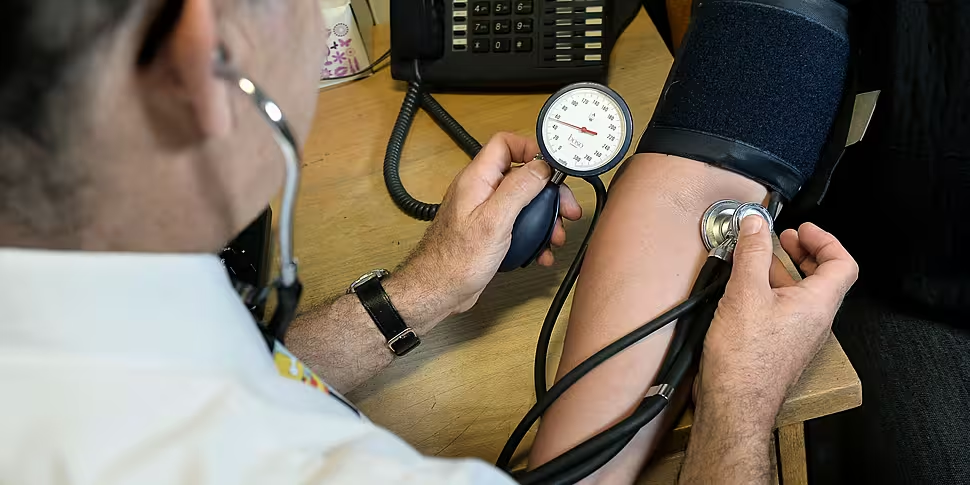Nearly half of Ireland’s cancer patients feel their diagnosis has had a negative impact on their career.
A new study from the ESRI and the Irish Cancer Society (ICS) found that one in ten cancer patients faced a salary reduction on their return to work.
The study found that women, young people and the self-employed were most likely to feel like their career had been affected.
"Financial need"
ICS Director of Advocacy Rachel Morrogh told Newstalk that cancer patients are often forced to return to work because they are struggling for money.
“Financial need was cited as the main reason people return to work with nearly four in ten people surveyed,” she said.
“The same number of people, asked if the amount of leave they took from work was appropriate, felt their time off was too short.
“These responses and the fact that one in six people felt their manager was either unsupportive or very unsupportive suggests that, as a society, we need to do much better.”
Support
The survey found that most people receive a high level of support from their employers; however, one-third of patients and survivors reported negative experiences on their return to the workplace.
Ms Morrogh said flexibility is one of the most important things an employer can offer:
“The great thing is there are loads of things that can be done and we all have a part to play,” she said.
“So, there are things like putting together a return-to-work plan for people with cancer, employers really need to ensure they communicate with cancer patients and that they are flexible in their return to work.
“One of the things that was raised by cancer patents who responded to this survey was that a flexible return to work was really important.”
The Irish Cancer Society is calling for new laws obliging employers to provide sick pay leave as well as a new statutory payment for workers with chronic illness that need to attend medical appointments during the work day.
Illness benefit
55-year-old Anne-Marie Davey from County Galway returned to work in 2018 after major cancer surgery.
She told Newstalk she had little choice but to return as she didn’t qualify for illness benefit.
“It kind of, in a sense, made me feel not as ill as I was,” she said. “Because I was not spending so much time at home recovering.
“Going back to work was a huge step in the right direction but in hindsight, I may have gone back a little bit too soon because I did suffer from fatigue but the financial side did push me towards going back early.”
Flexibility
She said her employers were understanding on her return.
“They made arrangements for me to welcome me back,” she said.
“They changed my role from, instead of working a full shift standing on my feet, they gave me a job where I could sit down.
“That was hugely beneficial because of the fatigue. The fatigue is real, I still have it. You want to carry on as best as you can but you have to make allowances.”
The survey includes the responses of 377 people diagnosed with cancer between 2010 and 2020. Some 86% have returned to work.









